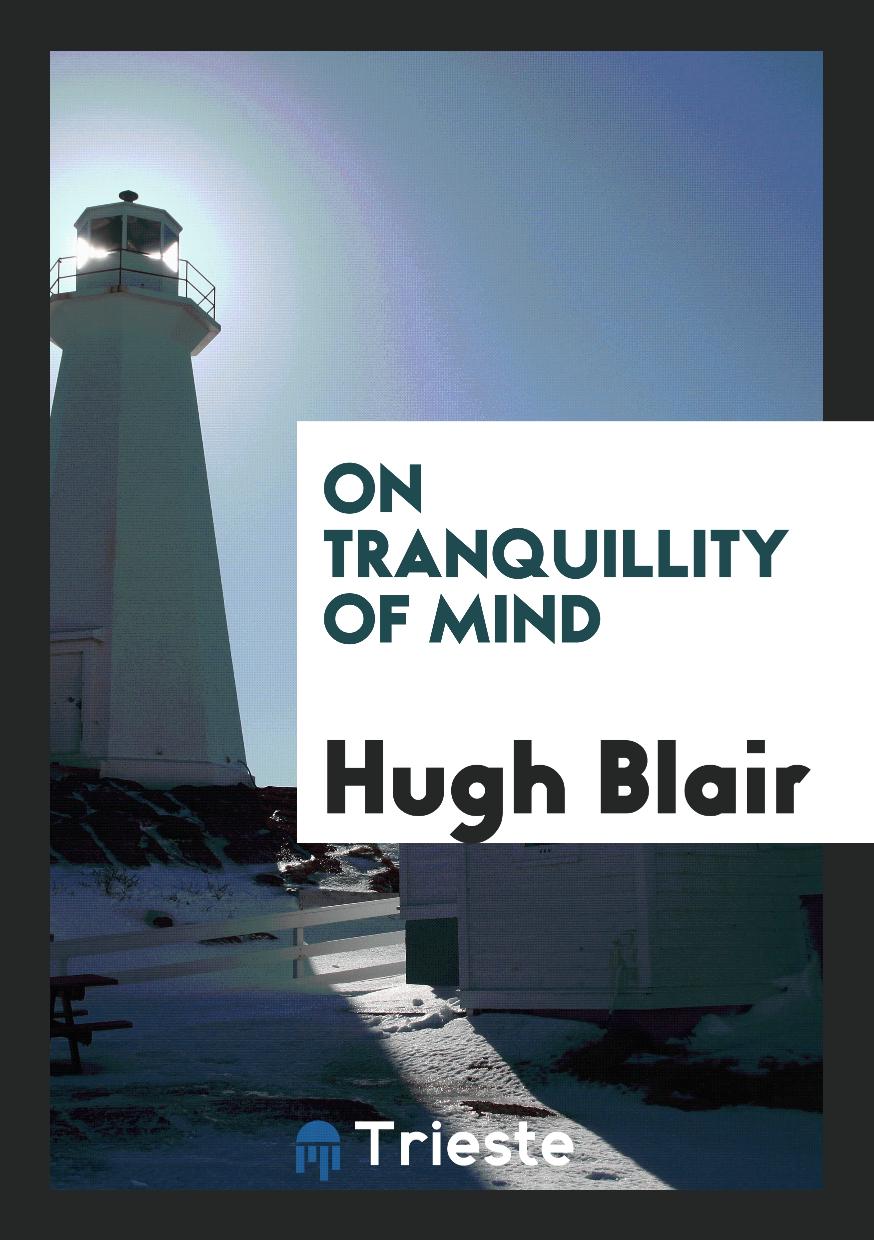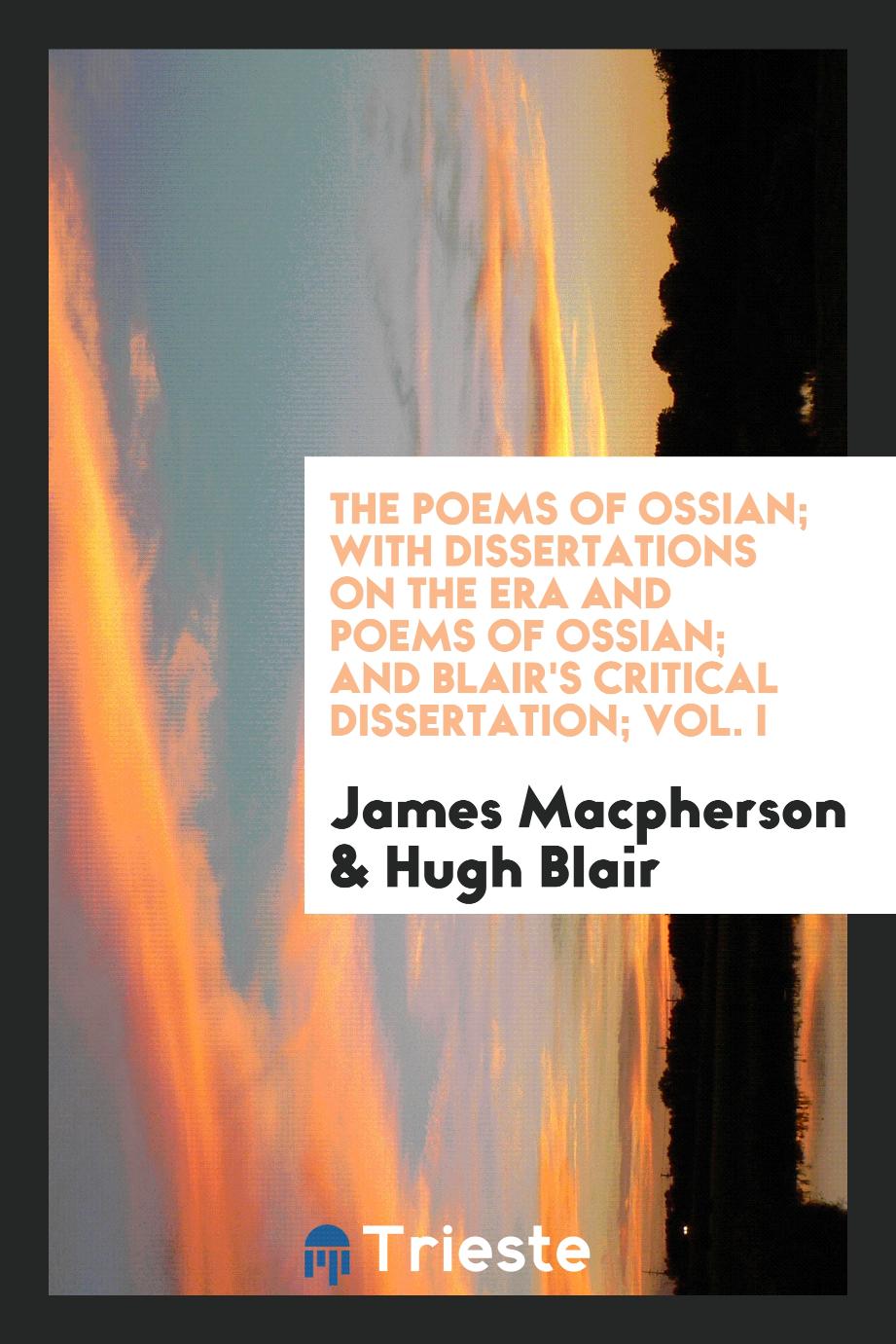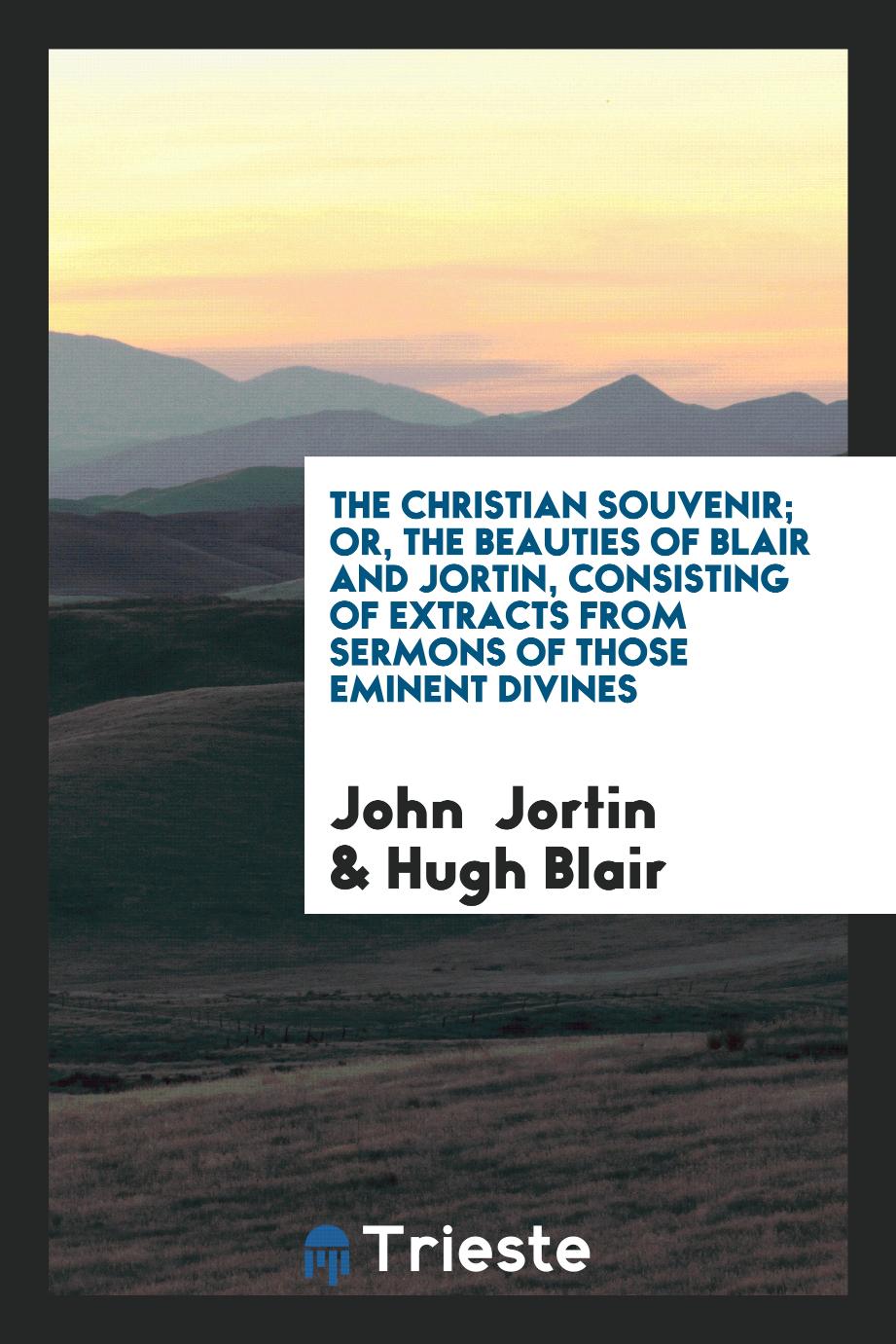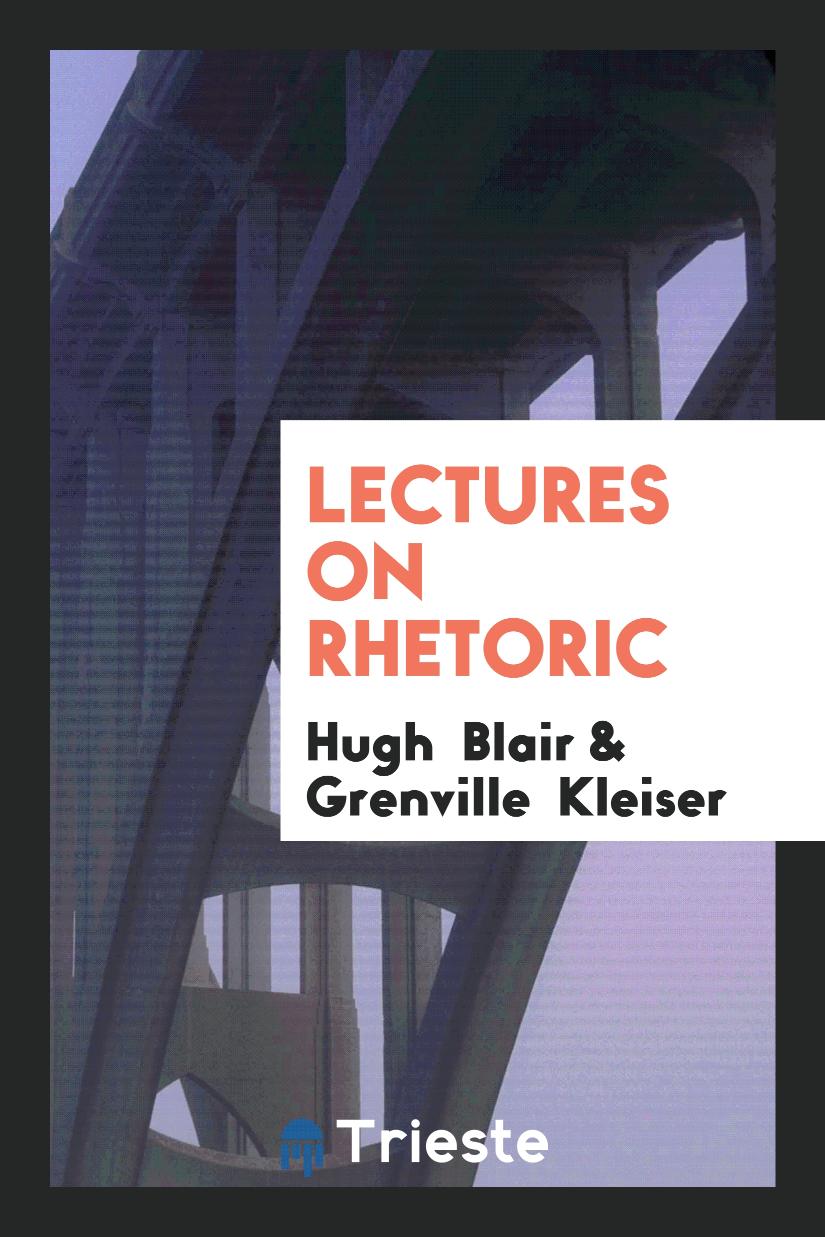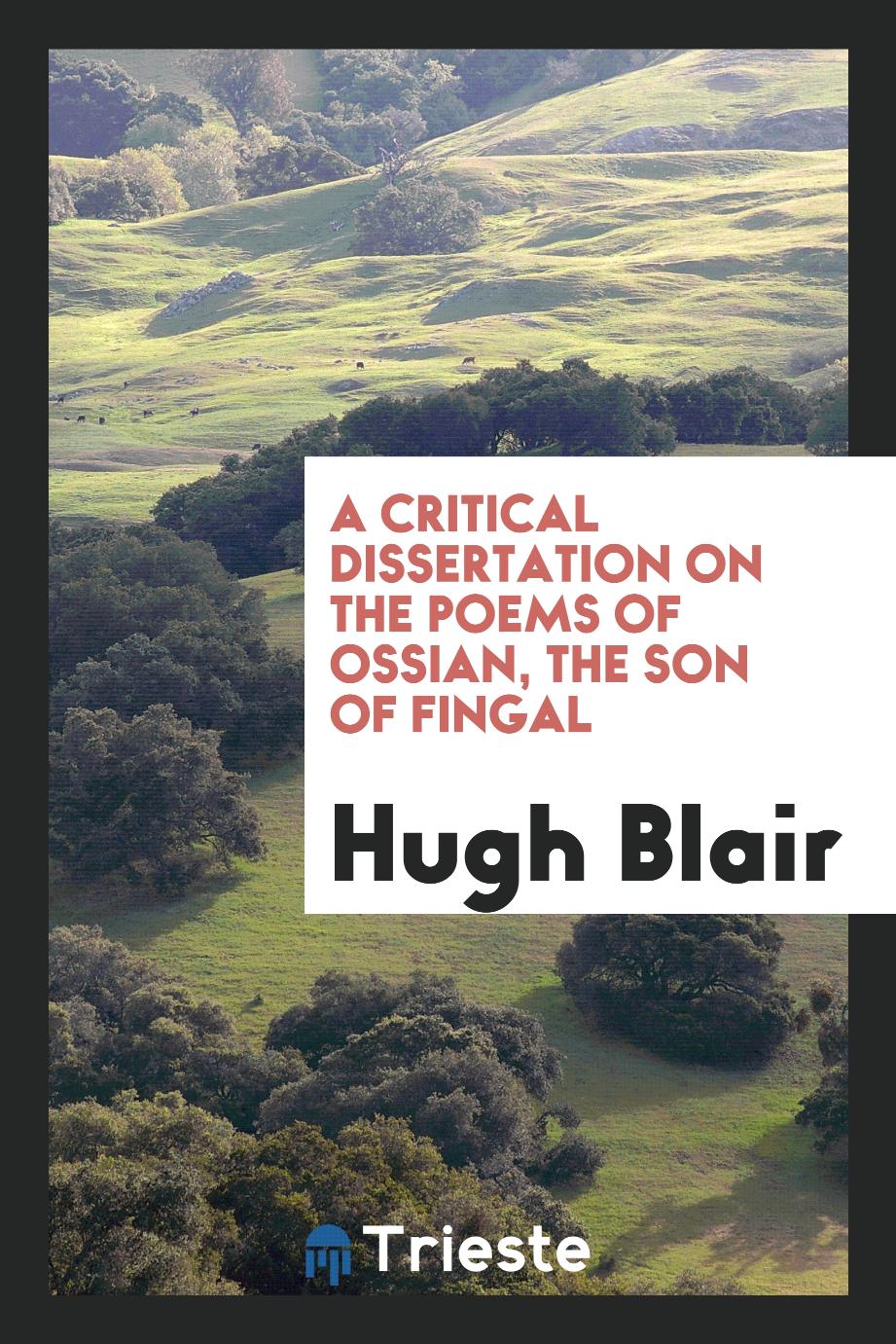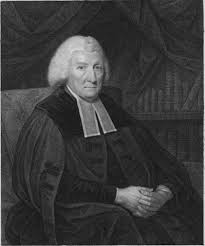
Hugh Blair
Hugh Blair (7 April 1718 - 27 December 1800) was a Scottish minister of religion, author and rhetorician, considered one of the first great theorists of written discourse. As a minister of the Church of Scotland, and occupant of the Chair of Rhetoric and Belles Lettres at the University of Edinburgh, Blair's teachings had a great impact in both the spiritual and the secular realms. Best known for Sermons, a five volume endorsement of practical Christian morality, and Lectures on Rhetoric and Belles Lettres, a prescriptive guide on composition, Blair was a valuable part of the Scottish Enlightenment. Blair was born in Edinburgh into an educated Presbyterian family. His father was John Blair, an Edinburgh merchant. He was great great grandson of Rev Robert Blair of St Andrews. From an early age it was clear that Blair, a weakly child, should be educated for a life in the church. Schooled at the High School, Blair studied moral philosophy and literature at the University of Edinburgh, where he graduated M.A. at the age of twenty-one. His thesis, "Dissertatio Philosophica Inauguralis de fundamentis et obligatione legis naturae", serves as a precursor to the later published Sermons in its discussion of the principles of morality and virtue. In 1741, two years after the publication of his thesis, Blair received his license as a Presbyterian preacher. Shortly thereafter, the Earl of Leven heard of Blair's popularity and presented him to the Parish Church of Collessie in Fife, as their minister. By 1743 Blair was elected as the second charge of the Canongate Kirk, and was promoted to first charge in 1745. Blair was appointed to the charge of Lady Yester's Kirk in 1754, and four years later was promoted to the High Church of St. Giles; the highest position that a clergyman could achieve in Scotland. Blair maintained this position for many years, during which time he published a five volume series of his addresses entitled Sermons. In 1783 Blair was one of the founder members of the Royal Society of Edinburgh. He served as its Literary President from 1789 to 1796.
